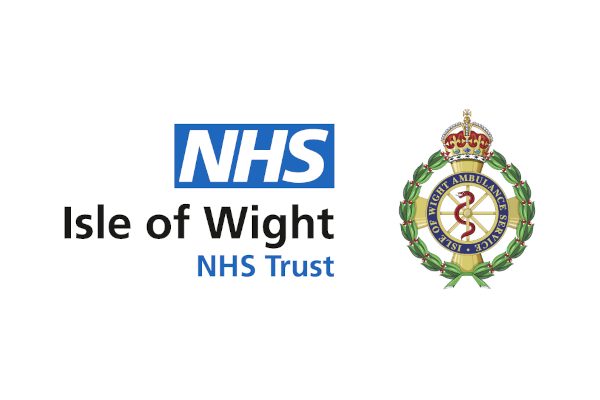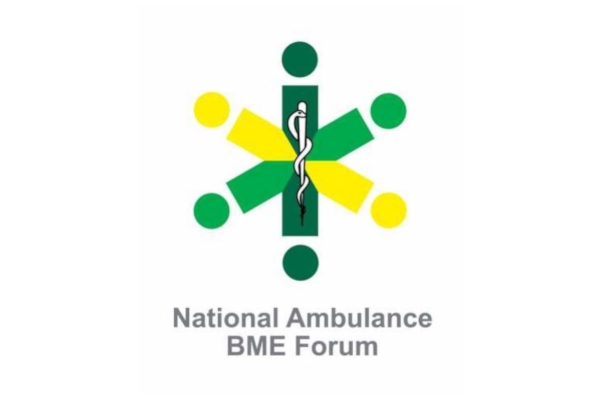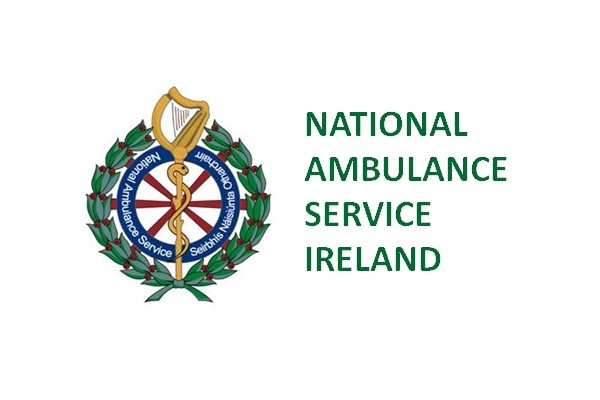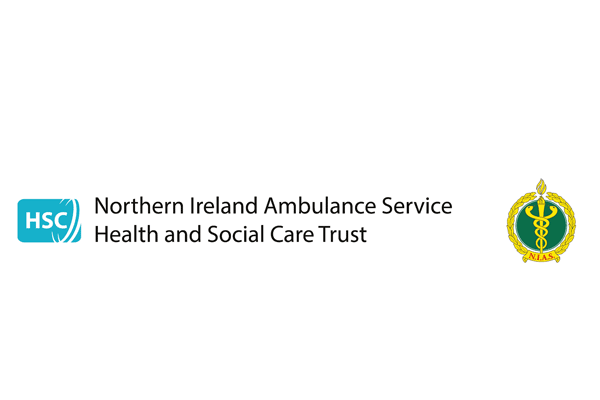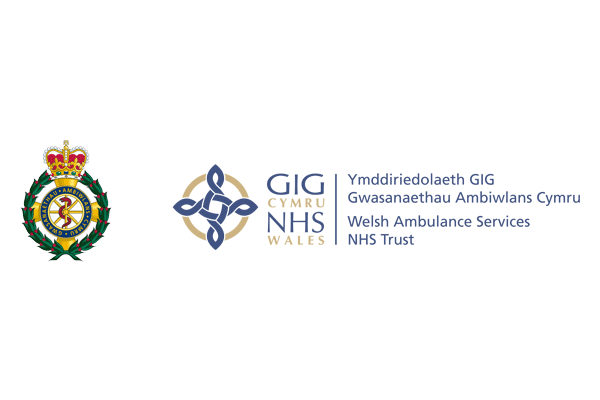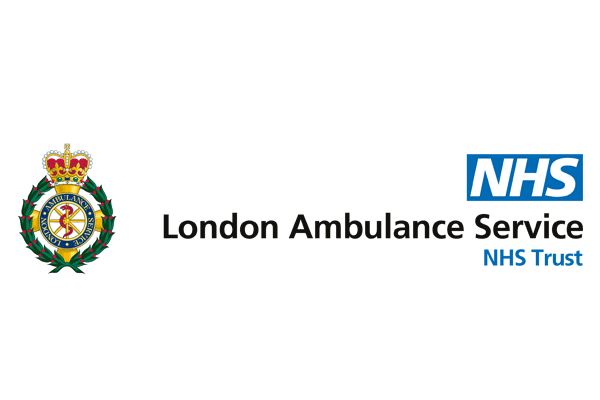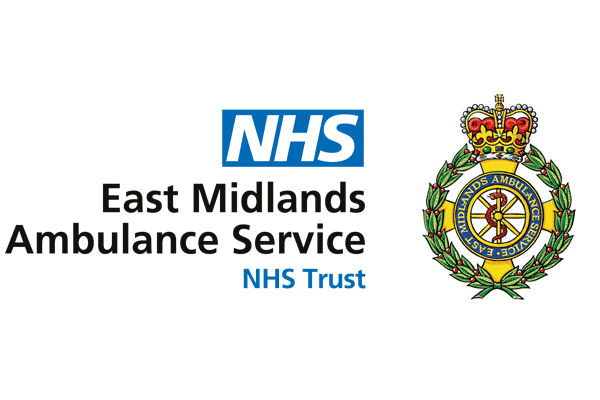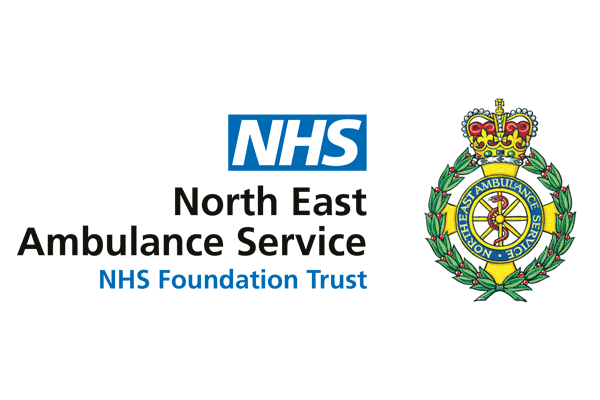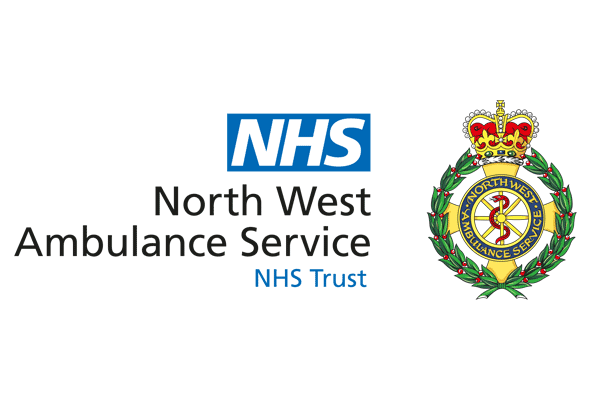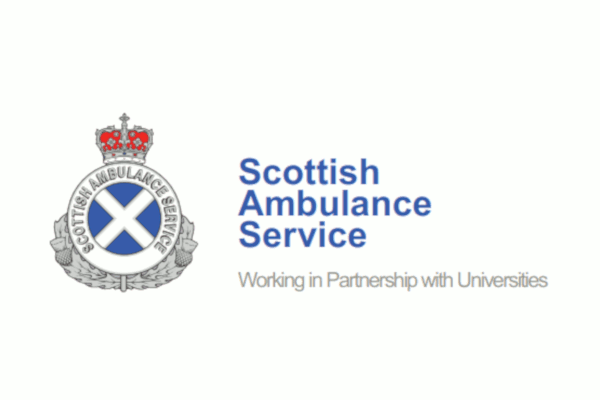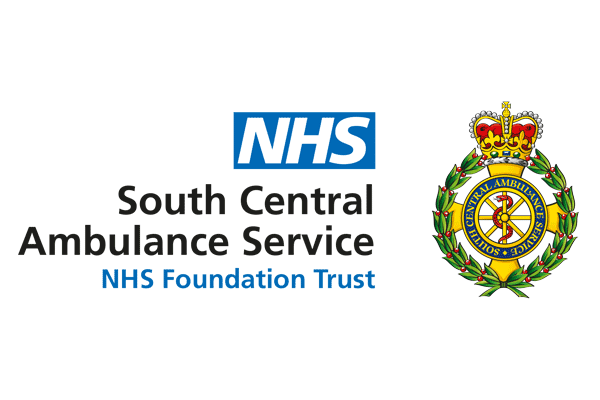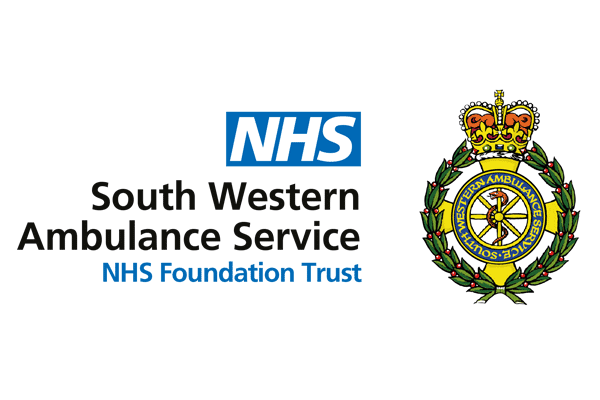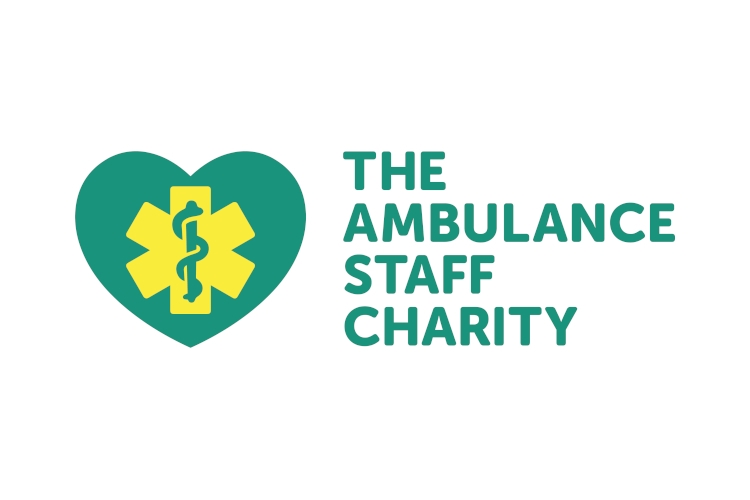A message from Kim Blakeburn, the National Ambulance Network Chair for Freedom to Speak Up, and FTSU Guardian for South East Coast Ambulance Service
Speaking up within the ambulance service continues to be a topic of importance, especially in the context of some of the alarming reports about working for a UK ambulance service that we’ve seen in the media this year.
From concerns about workplace culture to issues surrounding students and sexual safety, and other headlines from healthcare organisations where staff felt silenced or unable to raise concerns, leading to tragic outcomes.

These stories serve as sobering reminders that when voices go unheard, risks increase not only for staff well-being but also for patient care. As ambulance services, often operating in high-pressure, life-or-death scenarios, the importance of a culture where concerns can be raised freely cannot be overstated. Encouraging staff to raise concerns – and, crucially, acting on those concerns – must remain at the forefront of our efforts to create safer, more supportive environments for both staff and patients.
This October marks National Speak Up Month, a time dedicated to reflecting on and strengthening the principles of speaking up, openness and safety. This year, the National Guardian’s Office has chosen ‘Listening Up’ as the central theme, and this focus is both timely and essential.
Encouraging staff to speak up is only part of the solution; the next critical step is how our leaders listen. Listening up means not just hearing concerns but understanding them, following up, and taking meaningful action. Only when staff feel that their concerns are met with genuine engagement and responses can we begin to build the trust necessary for a truly open culture.
Senior leadership plays a crucial role in this process. The commitment of senior leaders is vital in creating an environment where speaking up is encouraged and respected. Our ambulance executives set the tone for the culture within our organisations. It is this leadership that determines whether staff feel confident to raise concerns or whether they remain silent out of fear of repercussions or futility. Your Freedom to Speak Up Guardians are there to assist in creating a culture where speaking up and listening up are integral parts of everyday practice.
I have seen first-hand the significant strides that some ambulance services are making to embed a speak-up culture. The role of FTSU Guardians in your organisations is pivotal in this mission. They are your champions of transparency, there to support staff and guide leadership in recognising, addressing, and resolving concerns. In many ways, they are the barometer of your organisational culture, providing insights into how safe and supported staff feel in raising their voices.
As the FTSU Guardian for South East Coast Ambulance Service, I have witnessed first-hand the transformative power of embedding a strong speak-up culture within an organisation. These efforts were reflected in the outcome of the 2023 NHS staff survey, where SECAmb was recognised as the most improved trust in terms of the FTSU sub-score.
One key innovation we implemented was a dashboard that draws from anonymised data, enabling us to have meaningful conversations about organisational culture in the same way leaders discuss performance metrics. This has allowed us to track trends, identify areas for improvement, and hold ourselves accountable in creating a safer workplace. We also introduced a RAG (Red-Amber-Green) system, alongside a 93-day guidance for handling concerns, which has fostered a sense of accountability. These initiatives have helped reduce the perception that speaking up is futile, ensuring our colleagues feel their voices are not only heard but acted upon.
This National Speak Up Month is a time for us all to reflect on how we are listening to those voices, whether we are following up as we should, and how we can continue to build a culture that ensures safety and care for both staff and patients.
We must all commit to truly listening up – taking the concerns of our staff seriously, following through on them, and working together to create the open, safe, and happy workplace we all aspire to work in.
Learn more about the work of the National Guardian’s Office here.

